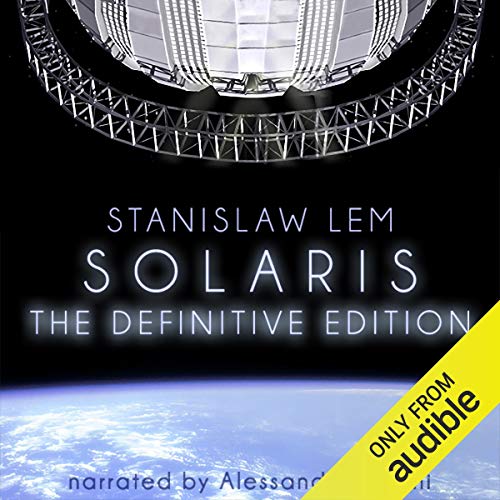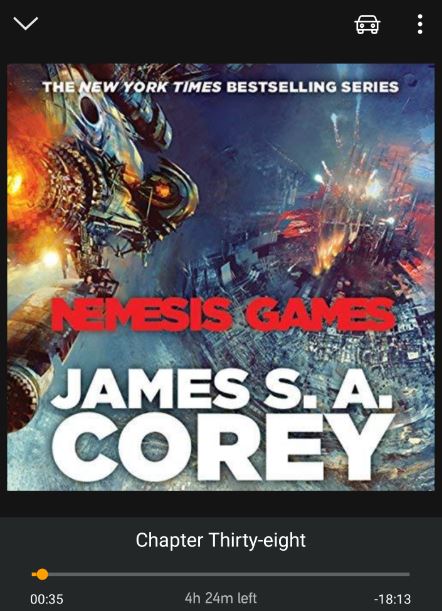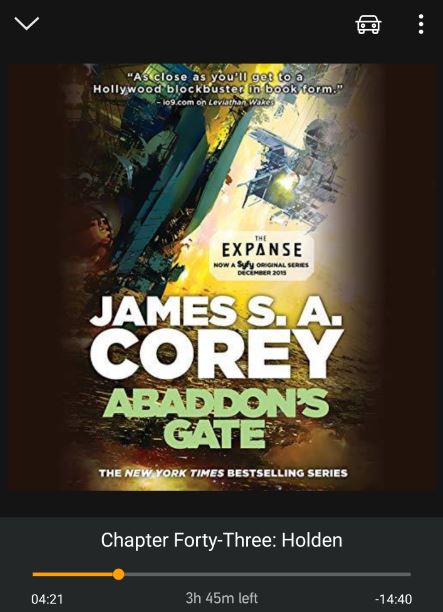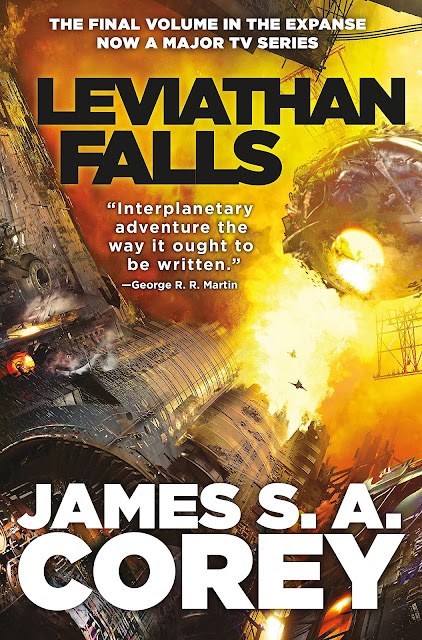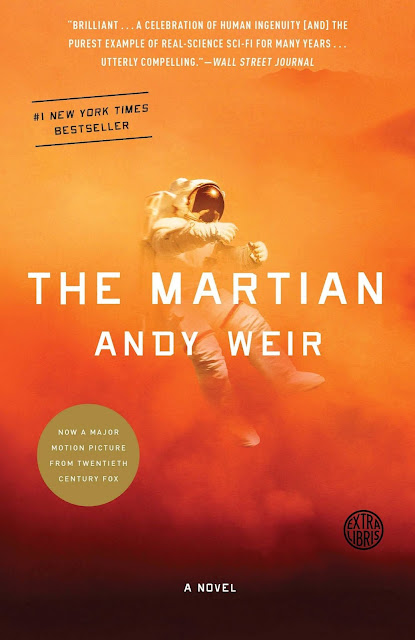Today, Obscurists, we’re traveling to the city—in S.Z. Attwell’s “Aestus Book 1: The City.” It’s a post-apocalyptic story where the status quo isn’t what it seems, and it underlines that in nearly every conflict, there are heroes and villains on all sides.
***The Non-Spoiler part of this review***
What I love about this book:
That ending! A lot goes down quickly, and it was like getting a jolt. The energy and tension suddenly crescendo at the end of the plot, and it’s been in my head since I finished reading “Aestus: Book 1: The City.” I’m of more than one mind about the end, but I’ll get into more later. Overall, I’d say I loved it.
I’ve brought this up in a prior review, but I like my post-apocalypse(s), in fiction, unexplained, hinted at, but never spelled out. This book pulls that effect off well. The end of the world probably came about because of runaway global warming, but the exact causes, timeframes, et cetera are left up to the reader’s imagination. The world is this way now, and the characters that inhabit that world don’t ever digress or pine for a long-lost world. They’re too busy surviving. No one has time to break into a soliloquy about the folly of humankind and bemoan the paradise lost.
Even though there were many of them, I enjoyed the characters in this novel. Attwell pulls off so many characters so well because there is clearly a defined core group and major and minor characters supporting that group’s story. This is partly achieved because “Aestus: Book 1: The City” is a long book.
What I don’t love about this book:
To reiterate from above. It is a really long book. And sure, there were a lot of characters to flesh out and give them their moment in the sun, but it also felt like every scene was at least twice as long as it should have been.
Also, I hated the uncle character from the jump. Nobody says “my dear” that much and isn’t awful. I don’t care—you get four or five “my dear(s),” and then you’re officially a wackadoo—yes, that’s the clinical term for it.
I like Jossey, our protagonist in this story. She’s intelligent, resourceful, and not afraid to take action. But she has some Katniss Everdeen levels of obliviousness when it comes to anyone—literally anyone—showing even a modicum of romantic interest in her. I get it’s an intentional character flaw that rounds the character and makes her seem more like a real person to give her this insecurity, but from a taste perspective, it’s an eye roller for me.
This preview is an Amazon Affiliate link;
as an Amazon Associate, I earn from qualifying purchases
Author’s Website: https://szattwell.com/
***The Spoiler part of this review***
***Ye be warned to turn back now***
The quick and dirty synopsis:
We’re introduced to our protagonist, Jossey, through a childhood memory—not a good one. It was the day she was attacked when visiting the surface to see the moon. Her brother also disappeared during the attack.




